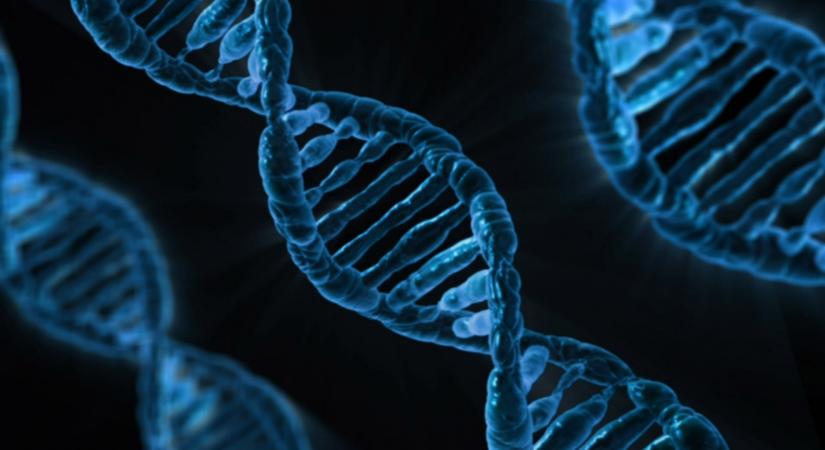A study released on Thursday emphasised the importance of securing genomic data, warning that hackers could exploit vulnerabilities in genomic data using next-generation DNA sequencing (NGS) technology.
The powerful sequencing tool NGS is used to develop tailor-made medicines, cancer diagnostics, track infectious diseases, and conduct gene research.
Researchers from the University of Portsmouth, UK, raised concerns over how hackers can exploit the tool to perpetrate data breaches, privacy violations, and even future biothreats.
While the steps are essential for generating accurate results, they also open up multiple points of vulnerability. As many DNA datasets are openly accessible online, the study warns that cybercriminals can misuse the information for surveillance, manipulation, or malicious experimentation. The researchers, in the study published in the journal IEEE Access, warned that cybercriminals can misuse the information for surveillance, manipulation, or malicious experimentation.
“Our work is a wake-up call. Protecting genomic data isn’t just about encryption—it’s about anticipating attacks that may not yet exist. We need a paradigm shift in securing the future of precision medicine,” said Dr. Nasreen Anjum from the University of Portsmouth’s School of Computing.
The research team identified new and emerging methods that hackers and those with malicious intent could exploit or attack systems, such as synthetic DNA-encoded malware, AI-driven manipulation of genome data, and identity tracing through re-identification techniques.
These threats surpass typical data breaches, posing risks to individual privacy, scientific integrity, and national security.
“Despite its importance, cyber-biosecurity remains one of the most neglected and poorly understood research disciplines, leaving a critical gap in global biosecurity. To make sure our DNA information stays safe and is used only for good, we’re urging more research and collaboration to find ways to keep this powerful technology secure,” Anjum said.
The experts called on “governments, regulatory bodies, funding agencies, and academic institutions” to prioritise this field “before it’s too late.”
The team also shared recommendations and practical solutions, including secure sequencing protocols, encrypted storage, and AI-powered anomaly detection, creating a foundation for much stronger cyber-biosecurity.
–IANS






